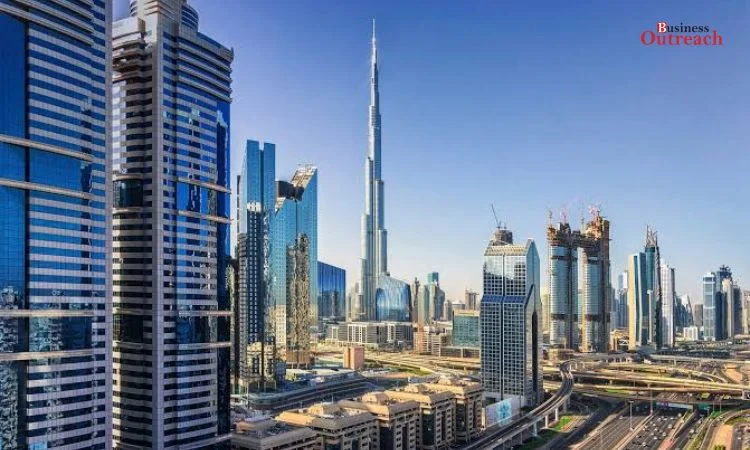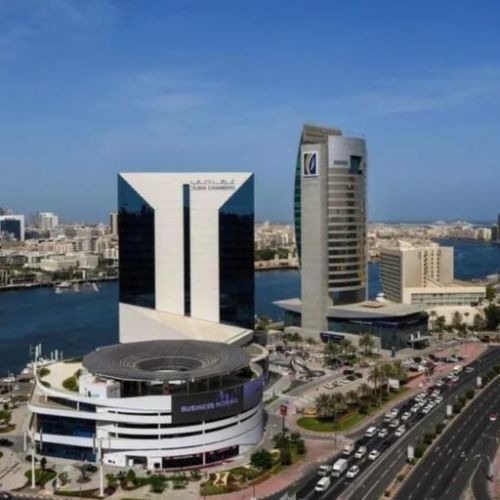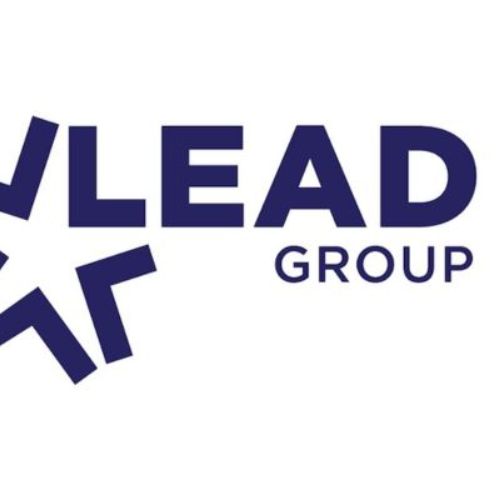Probably the defining moment in the sector of Dubai real estate, banks have started financing off-plan property projects. This would help reduce much of the financial burden on prospective homeowners and investors by generally making property purchases easier and more affordable. Traditionally, off-plan purchases require huge upfront payments directly to the developer, which was difficult for many. The new financing arrangements introduce easier payment plans, hence changing market dynamics.

PC: Medium
Traditional Payment Structures vs. New Financing Options
Historically, off-plan buyers in Dubai faced rigid payment structures; usually, they paid 60% of the payment upfront during construction and the remaining during handover. This was quite a challenge from a financial point of view and made it available to only a few. While in the new financing alternatives, buyers pay 50%, banks finance 10% of this amount at the beginning of the construction, and on completion, it covers another 40%. This restructured format will decrease not just the immediate financial burden but also provide a better balance in the time schedule of payments.
Impact on Buyers and Market Response
These financing options have been well received by investors and end-users. Betterhomes’ Sijo Jose affirms this, saying their clients have responded well to the new finance options and feel relieved from the otherwise demanding payment terms reported in the market. There has been a significant number of inquiries since the new financing plans have been announced, according to Jeffrey De Souza, Head of Finance Services at Lomond, thus showing increased interest and more отвеч affordability to buyers.
Example of the Expanded Payment Plan
An example may be used to illustrate how this actually works in terms of the new payment plan: a buyer pays 10% on booking, followed by quarterly instalments totaling another 50% over 15 months. Banks provide another 10% during this time period, the last 40% at handover. This ensures that at project completion, the equity financial commitment is evenly distributed in line with buyers’ cash flow and affordability.
Market Accessibility and Developer Dynamics
While these financing options open up more market accessibility, they are largely relevant to the larger developers with strong financial backing. The cash flow dependencies and financial constraints may observe challenges among the smaller developers. Nevertheless, this trend of increasingly inclusive financing structures should spur innovation and flexibility across the sector. Similar models will thus be emulated through competitiveness in this market as a consequence.
Future Prospects and Evolution of the Market
Moving forward, more bank financing to off-plan projects will change the Dubai real estate landscape for the positive. This enables a buyer to take advantage of longer payment periods, taking off some upfront burdens. It gives a more sustainable growth trajectory for the sector. As such financing methods become more common, they will help in easing demand, draw a wider investor base, and will continue to encourage innovation in the way projects are financed.
An increase in the financing for off-plan properties is a defining moment in the development of the Dubai real estate sector. It is poised to greatly empower buyers and investors at large, including those with smaller budgets, by reducing upfront financial pressures and introducing more manageable payment schedules. This shifts the sector toward that of inclusive financing, providing better access to markets and setting the stage for innovation in the future. With such developments suggesting Dubai is going to continue adapting and innovating, they are sure to set new standards for property acquisition and investment.















